The word organic is a bit thrown around in health circles. When it comes to cleaning up your diet and eating for health and energy, it can almost seem like buying organic is a non-negotiable.
For a lot of us though, the cost leaves us about one step away from mortgaging our prized possessions to pay for the privilege. So, let’s have a closer look at organic food to see what the hype is about. What exactly is organic food? Is it really better for us? Why is it so much more expensive and do I actually need to eat it?
What is meant by the term ‘organic’
According to the New Zealand Ministry for Primary Industries, or MPI, 'Organic' is a labelling term used on products produced in accordance with organic production standards, which may be certified by a certification body or authority.
“Organic agriculture is based on minimising the use of external inputs. For example, avoiding or excluding the use of synthetic fertilisers and pesticides, antibiotics, growth promotants, genetic modification, and irradiation. Organic handlers, processors, and retailers follow voluntary standards to maintain the integrity of organically produced products.”
It's important to note that organic certification standards are not food safety standards. Organic products must meet the same food safety standards that apply to all food for sale in New Zealand.
What are the health benefits of organic food?
There are some studies that have found a higher amount of nutrients in organic food compared to conventional produce. This study found that organic fruits and veggies contain 27% more vitamin C, 21.1% more iron, 29.3% more magnesium, 13.6% more phosphorus, and 18% more polyphenols than non-organic produce.
Organic produce contains no pesticides. Pesticides can damage agricultural land by harming beneficial insect species, soil microorganisms, and worms which naturally limit pest populations and maintain soil health. The pesticides weaken the plant root system and immune system, reducing the concentration of essential plant nutrients in the soil such as nitrogen and phosphorous. This may be one reason why Organic produce contains higher levels of nutrients, the soil is less depleted.
So what should I buy if I can’t afford to buy organic?
Prioritise quality meat and egg products. This way you can limit your exposure to the use of hormones and antibiotics found in conventional products. In addition to the benefit of avoiding these additives, you are also making an ethical stance to support the humane treatment of animals. It does cost more money, however you can reduce the amount and frequency of animal protein you eat opting for plant-based sources of protein such as legumes. Additionally, protein sources such as eggs or tinned fish are incredibly economical per serve.
While it would be nice to buy everything organic, it’s simply not possible for most people.
Below is a list of the “Dirty Dozen”, a list of the best vegetables to buy organically, and which vegetables you can buy conventionally to save money.
Apples
Celery
Capsicum
Peaches
Strawberries
Nectarines
Grapes
Spinach
Lettuce
Cucumbers
Blueberries
Potatoes
The Clean 15.
This list is the fruits and vegetables with the least amount of pesticide residue found on them. To save money, buy these items conventionally and wash at home before use.
Onions
Sweetcorn
Pineapples
Avocado
Cabbage
Peas
Asparagus
Mangoes
Eggplant
Kiwifruit
Melon
Kumara / Sweet Potatoes
Grapefruit
Watermelon
Mushrooms
Lastly, remember that health is a total picture. Take small steps and do what you can. There is no point in stressing yourself out mentally or taxing yourself financially to get the added benefits of organic food. It would defeat the purpose. Take it slowly and simply do what you can.
This blog was especially created for our friends at southern cross while we help them out on there health journey.
Thanks from the team at Feel Fresh Nutrition!










